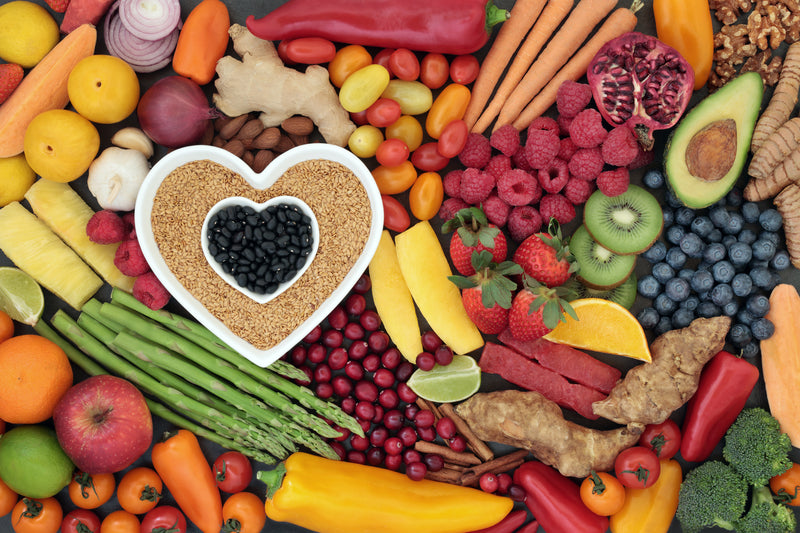
Incorporating high-fiber foods into your family's diet is a simple yet effective way to boost overall health and wellness. Fiber plays a vital role in maintaining digestive health, regulating blood sugar levels, and supporting a healthy weight. For young families looking to enhance their meals nutritionally, focusing on fiber-rich foods can be particularly beneficial. Beans, green vegetables, and whole grains are excellent sources of fiber that can easily be incorporated into daily meals, offering both health benefits and culinary variety.
Beans
Beans are an incredibly versatile and nutritious source of fiber. They are not only rich in dietary fiber but also packed with protein, making them an excellent choice for balanced meals. Beans can be added to a variety of dishes, from soups and salads to main courses. For instance, black beans can be included in tacos or burritos, while lentils make a hearty addition to stews. Kidney beans are great in chili, and chickpeas can be roasted for a crunchy snack or added to salads. The high fiber content in beans helps in promoting a feeling of fullness, aiding in weight management, and supporting healthy digestion. Additionally, beans are low in fat and high in nutrients like iron and potassium, making them a wholesome choice for family meals.
Green Vegetables
Green vegetables are another excellent source of dietary fiber. Leafy greens are packed with nutrients like calcium and folic acid, alongside their high fiber content. Vegetables such as spinach, kale, broccoli, and Swiss chard can be included in a wide range of dishes. These greens can be added to smoothies, salads, or stir-fries, making them a flexible addition to any meal. The fiber in green vegetables supports digestive health and helps in the regulation of blood sugar levels. Additionally, these vegetables are rich in vitamins and antioxidants, which are essential for overall health and can help in boosting the immune system. Integrating a variety of green vegetables into meals ensures that the family diet is rich in both fiber and essential nutrients.
Whole Grains
Whole grains are a must-have for a fiber-rich diet. Unlike refined grains, whole grains retain all parts of the grain - the bran, germ, and endosperm - ensuring that their nutritional content, including fiber, is preserved. Foods such as brown rice, whole wheat bread, quinoa, and oats are excellent sources of whole grains. These can be used as a base for meals, in baking, or as breakfast options. Whole grains not only provide dietary fiber but are also a good source of B vitamins, antioxidants, and trace minerals like iron, zinc, copper, and magnesium. Incorporating whole grains into meals can contribute to improved heart health, better weight management, and lower risks of chronic diseases. Plus, the variety and versatility of whole grains make them easy to include in any meal plan.
Focusing on fiber-rich foods like beans, green vegetables, and whole grains is a straightforward and delicious way to enhance the nutritional quality of your family's diet. These foods not only contribute to better digestive health and overall wellness but also bring versatility and flavor to the table. By making these fiber sources a regular part of meals, young families can enjoy a balanced and healthful diet that supports long-term health and vitality.
Did you enjoy reading this article? Here’s more to read: How to Create a Menu for Your Barbecue







